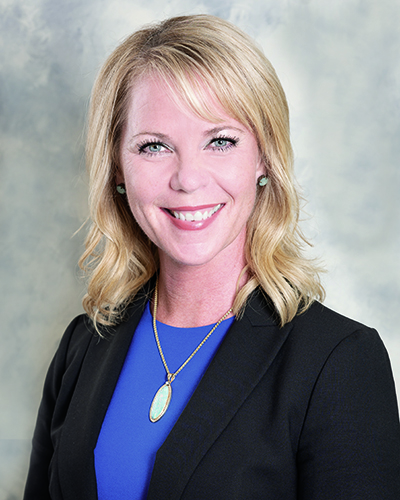
Women are back.
Nationally, women’s employment has hit an all-time high, said Debi Durham, director of the Iowa Economic Development Authority and the Iowa Finance Authority.
Durham said on July 20 during Business Publication Corp.’s Envision Iowa panel that she is still waiting on Iowa’s numbers.
This Envision Iowa online discussion focused on people and culture: What is the future of Iowa’s post-pandemic workforce?
One of the challenges facing women: 33% of Iowa’s day cares closed in the past five years, Durham said. Women were also disproportionately affected by school closures and online school responsibilities during the COVID-19 pandemic.
Durham emphasized that Iowa is ranked No. 7 in the U.S. for women’s economic and social well-being, according to WalletHub.
“So all those things, about seeing equalization of pay and more women in leadership roles, is beginning to make a difference here,” Durham said.
Durham said she recently visited the renovated Lennox facility in Marshalltown. The company was celebrating the completion of its renovations five years after an EF3 tornado severely damaged its building.
“Lennox had their corporate board of directors there — you’ll love this — half of them were women,” she said.
Post-pandemic, many employers have continued to offer flexible schedules, hybrid workweeks and innovative approaches, Durham said.
Durham said she knows of a manufacturing company that is doing three 12-hour shifts over the weekend.
“[It’s] not only accommodating a workforce that they need, but it’s also helping with child care,” she said.
This schedule allows one spouse to work and one spouse to stay home to care for children.
“Before, you know, you weren’t seeing that kind of flexibility in manufacturing, and we’re seeing it really across all sectors today,” Durham said.

Georgia Van Gundy, executive vice president, chief administrative officer and chief customer officer at Hy-Vee, also mentioned child care as a challenge during the panel discussion.
Approximately 79,000 of Hy-Vee’s 80,000 employees are required to work in a store.
“They get flexibility of schedule, but they don’t get to work from home,” Van Gundy said.
Atypical hours can make finding quality child care difficult, she said.
Van Gundy said child care and mental health are two of the greatest ongoing challenges facing Hy-Vee workers.


